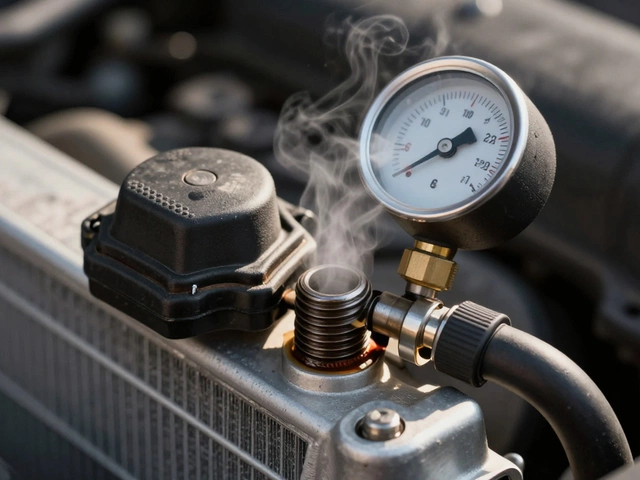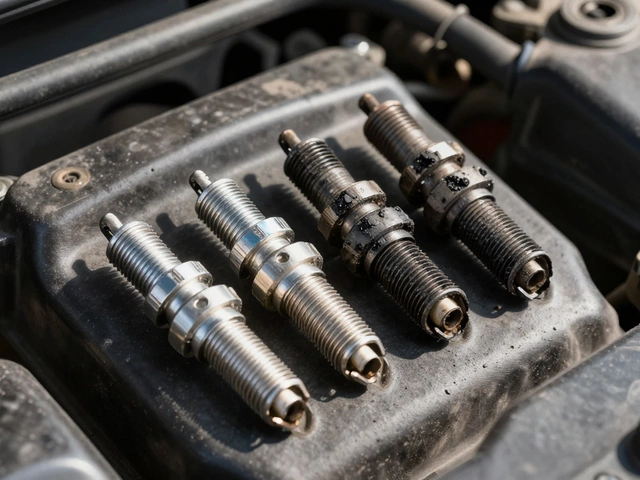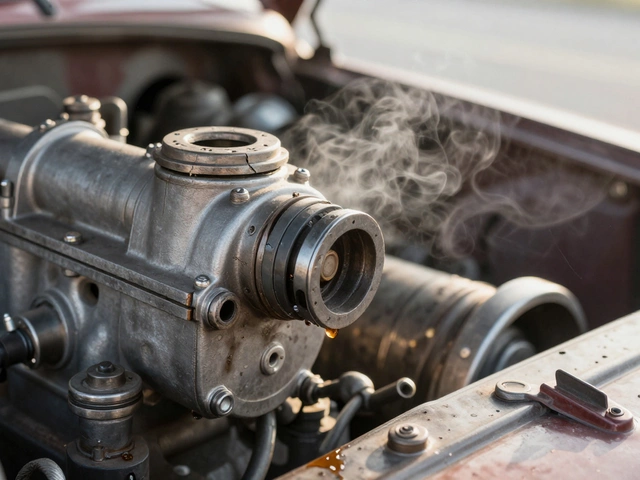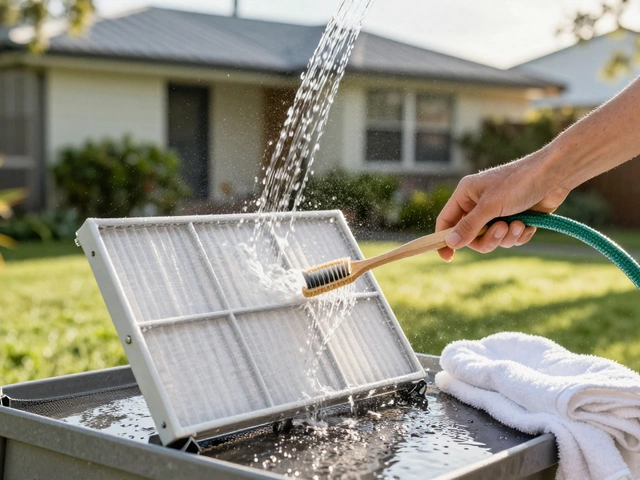Engine Noise: Quick Guide to Spotting, Finding and Fixing Bad Sounds
If your car starts making weird sounds, you probably wonder what’s going on under the hood. Engine noise isn’t just annoying – it can signal a serious problem. The good news? Many noises have simple fixes you can try at home before calling a shop.
What Different Engine Noises Mean
Rattling or Clunking: Usually comes from loose bolts, worn engine mounts, or a broken timing chain. Tap around the engine bay with a screwdriver; if you hear a metallic ping that matches the rattling, tighten the bolts or replace the mount.
Whining or Squealing: Often a belt issue. The serpentine belt drives the alternator, water pump and AC. If the belt is cracked, glazed or mis‑aligned, it will squeal when the engine revs. Look for visible wear or oil splatter on the belt. A quick belt tension check can save you from a sudden break.
Kicking or Pinging (Engine Knock): This is a sign of bad fuel, low octane, or carbon buildup on the pistons. If the knock gets worse under acceleration, try using a higher‑octane fuel for a few tanks. Persistent knocking needs a professional check to avoid internal damage.
Hissing or Whistling: Usually an intake or vacuum leak. Listen for a steady hissing sound when the engine is idling. Spray a little carb cleaner around the intake manifold; if the engine speed changes, you’ve found the leak.
Simple DIY Checks Before You Head to the Shop
1. Check Fluid Levels: Low oil or coolant can cause knocking and overheating noises. Top off fluids and watch the temperature gauge.
2. Inspect Belts and Hoses: Look for cracks, fraying or looseness. Replace any belt that shows wear.
3. Secure Loose Parts: Tighten any visible bolts on the engine block, exhaust, and accessories. A loose heat shield often creates a rattling sound.
4. Listen at Different RPMs: Start the car, let it idle, then gently rev it. Note if the noise disappears at higher RPMs – that can narrow down the culprit.
5. Use a Stethoscope or Screwdriver: Place the tip against the engine block and listen. A louder thump often points to internal issues like lifter noise.
If after these checks the noise persists, it’s time to get a professional opinion. Ignoring certain sounds – especially knocking or loud metal clunks – can lead to costly repairs.Remember, regular maintenance (oil changes, filter replacements, and belt inspections) keeps most engine noises at bay. Keep a simple log of any new sounds and when they happen. That note will help your mechanic pinpoint the problem faster.
Engine noise doesn’t have to be a mystery. With a bit of listening, a quick visual inspection, and basic DIY steps, you can often solve the issue yourself or at least give the shop the right clues. Stay safe, keep the engine happy, and enjoy a quieter ride.

What Does a Failing Fuel Pump Sound Like?
Ever wondered if your car's strange noise might be a failing fuel pump? Knowing what sounds to listen for can be the key to diagnosing the problem early and avoiding hassle on the road. This guide sheds light on what noises might indicate fuel pump failure and offers practical advice on what to do should you hear them. From irregular buzzing to sputtering, let's tune into what your vehicle is trying to tell you.
CONTINUE READING








